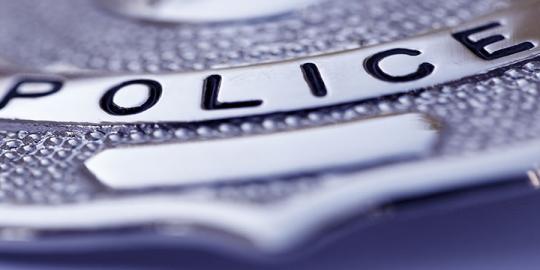Ethics
Law enforcement administrators agree that upholding professional ethics and integrity is critically important for the profession. From recruiting and selection, through promotions and assignments, to training and field activities, no other factor weaves such a powerful web through every aspect of policing. There is a critical need to heighten the awareness and visibility of our ethical standards, both internally and externally. The IACP offers resources designed to provide guidance, instructional assistance, and resources to chief executives, planners, instructors, supervisors and officers on the topic of ethics in policing.

The Oath of Honor
The IACP Governing Body recently revised the IACP Oath of Honor to punctuate the importance of treating all individuals with dignity and respect and ensuring…
See Details

Policing Code of Ethics
The IACP adopted the Law Enforcement Code of Ethics at the 64th Annual IACP Conference and Exposition in October 1957, and updated it in 2024…
See Details
Policy Center Resources
See AllEyewitness Identification
Law enforcement agencies should develop evidence-based guidelines for effectively conducting eyewitness identifications in order to maximize the reliability of identifications, minimize erroneous identifications, and gather evidence...
Harassment and Discrimination
In a time where the costs of liability insurance continue to rise driving many towns to self-insure or join insurance pools, law enforcement executives have...
Standards of Conduct
Law enforcement officers must accept and abide by a high ethical and moral standard that is consistent with the rule of law they are sworn...
Bias-Free Policing
Persons having contact with members of a law enforcement agency should be treated in a fair, impartial, equitable, and objective manner, in accordance with law, and without...
Resources
1. Enhancing Law Enforcement Response to Victims: 21st Century Strategy
The 21st Century Strategy introduces state, local, and tribal law enforcement leaders to the benefits, challenges, methods, and responsibilities for enhancing their response to victims...
4. Enhancing Law Enforcement Response to Victims: Training Supplement
The Training Supplement is designed to assist in an effort to train law enforcement personnel, from recruit to executive, to be knowledgeable about victim rights...
Critical Issues: Use of Military Equipment
This page serves as a clearinghouse of resources to help guide law enforcement as they are confronted with difficult questions related to use of military...
Critical Issues: Use of Force
This page serves as a clearinghouse of resources to help guide law enforcement as they are confronted with difficult questions related to use of force.

